Will a vegan diet stop me getting cancer?
13th January 2022
It’s easy to indulge over the holidays and, now that the new year has rolled in, you’re thinking that now might be the right time to make a change to the way you eat. Your friends seem to have been dropping meat from their diets, people are taking part in Veganuary, or cutting out meat products altogether. Some say it’s because it’s ethical, or good for the planet, others because it’s better for their health. Some even claim a vegetarian diet can prevent you getting cancer, but is this true?
Does a vegan diet prevent cancer?
Currently, there is not enough evidence to definitively say that a vegetarian or vegan diet reduces the risk of dying of cancer. There is some evidence that abstaining from meat might help to prevent certain types of cancer from occurring in the first place, however several meta-analyses on this effect have failed to show a clear answer to this question and more research will be needed.
Other studies have found that people eating a vegetarian or vegan diet may be less likely to present other health risks, such as high blood pressure of cholesterol, which are implicated in many health conditions.

Why is there no simple yes or no answer?
Research into what we eat and how it affects our risk of cancer is always going to be difficult and needs to be carefully interpreted. Researchers need to consider several other factors before they can draw a clear line between a cause and effect like a specific diet and your risk of illness.
This can include how old a person is, how much they weigh, their drinking and smoking habits, and if the exercise regularly. Even where a person lives can make a difference!
On top of that, cancer can take decades to develop, which means you have to keep tabs on many (sometimes thousands) of people over the course of several years. It’s easy to see why there are often no clear-cut results. Another big caveat for these studies is that most rely on people self-reporting, often over a long period of time – can you trust that everyone will tell the whole truth about what they’re eating?
It’s also worth remembering that vegetarianism and veganism have only recently burst into the mainstream. While more people than ever are choosing to change the way they eat, there simply aren’t enough people who have eaten these diets for a long enough period of time to gather any meaningful data on the long-term effects of these eating styles.
It could well be that we need to wait for several more years - or even decades - until we grasp the effects of life-long plant-based diets on cancer risk.
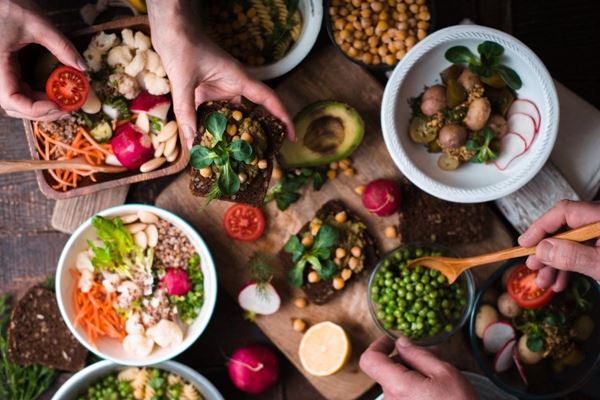
So, is my safest bet to just not eat meat?
There are many reasons a person might decide to eat a plant-based diet and we are not here to judge this decision either way. However, if you do worry about your cancer risk, here is what thorough research conducted by scientists over the last few decades says:
- Processed meat, such as bacon, sausages and ham, can cause bowel cancer and should be avoided or eaten as little as possible
- Eating lots of red meat can also increase the risk of bowel cancer, so meats such as beef, pork, and lamb sound be eaten in moderation (the NHS suggests you cut down to 70g a day if you’re eating over 90g)
- Cantonese-style salted fish can increase the risk of nasopharyngeal cancer, a type of head and neck cancer
The evidence for white meats is not as clear cut and studies suggest that eating some white meat and fish might reduce your risk of some cancers.
What am I supposed to eat then?
Our current understanding of how the food we eat impacts on health suggests eating a healthy, balanced diet of plenty of fruit and vegetables, whole grains, and healthy sources of protein, such as beans or chicken. The diet should be low in processed/ultra-processed meat and red meat, and avoid anything high in sugar, salt and fat.
You may notice that there is no talk about cutting out meat, but an emphasis on the type of meat a person is consuming. In fact the Mediterranean diet, which is mostly plant-based but includes moderate amounts of seafood, dairy, and poultry, and red meats and sweets on occasion, is well-supported as a way to eat healthily.
Sign up to our newsletter and stay up to date with the latest breakthroughs, news and views about cancer.
Sign up to our newsletter
What are we doing to make a difference?
A healthy (or unhealthy) diet may be linked to our risk of several types of cancer, but bowel cancer may be the first that many of us think about.
In 2005, Professor Awen Gallimore came to us with a new idea - she and her team had recently discovered that tumours could evade the immune system because of a special type of blood cell (a regulatory T cell) which suppressed that immune response. Awen wanted to find out if we could reduce the influence of those cells to help the immune system respond better.
Thanks to the support of you, our Curestarters, she made an important discovery about how tumours control the amount of those special white blood cells found nearby. Years later, her findings evolved into a clinical trial that hopes to prevent bowel cancer returning after treatment.
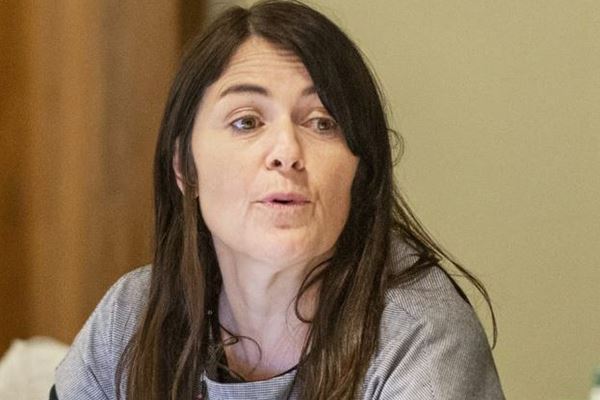
Further reading
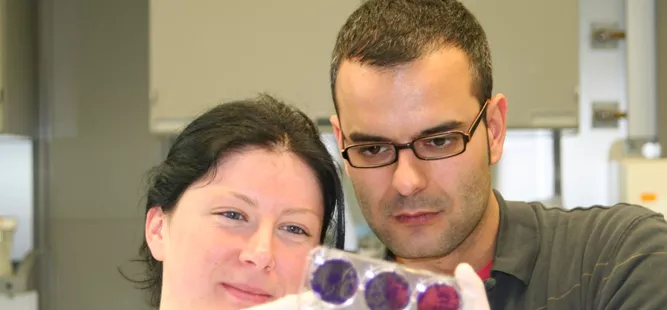
How dietary fats help cancer to spread around the body
Researchers in Spain have discovered how fats found in palm oil can help cancer spread and have developed new drugs to stop it from happening.
10 November 2021
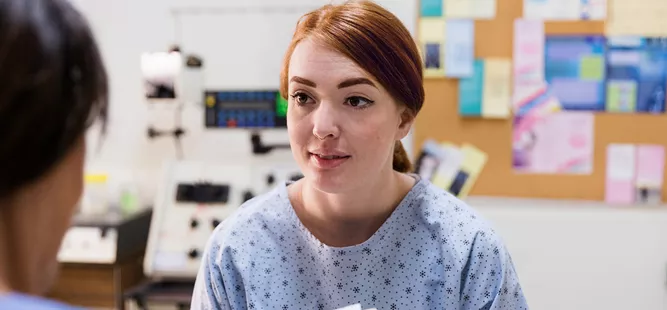
Bowel cancer – everything you need to know
In 2020, an estimated 1.9 million people worldwide were diagnosed with bowel cancer. Bowel cancer is also the world's second biggest cancer killer, with an estimated 935,000 people dying from the disease worldwide in 2020. But what is bowel cancer? And what are the signs and symptoms you should look out for?
02 April 2021
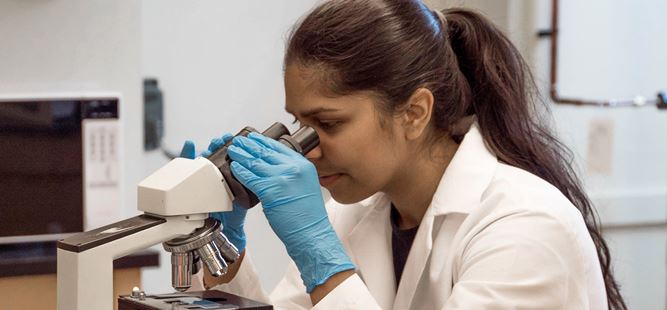
12 cancer research breakthroughs of 2021
2021 has been a fantastic year for science with the rollout of the coronavirus vaccine happening at an unprecedented speed thanks to the hard work of people around the world. And all through this turbulent time, cancer researchers have been hard at work too. Here’s the 12 big cancer research breakthroughs made by our scientists in 2021.
13 December 2021
